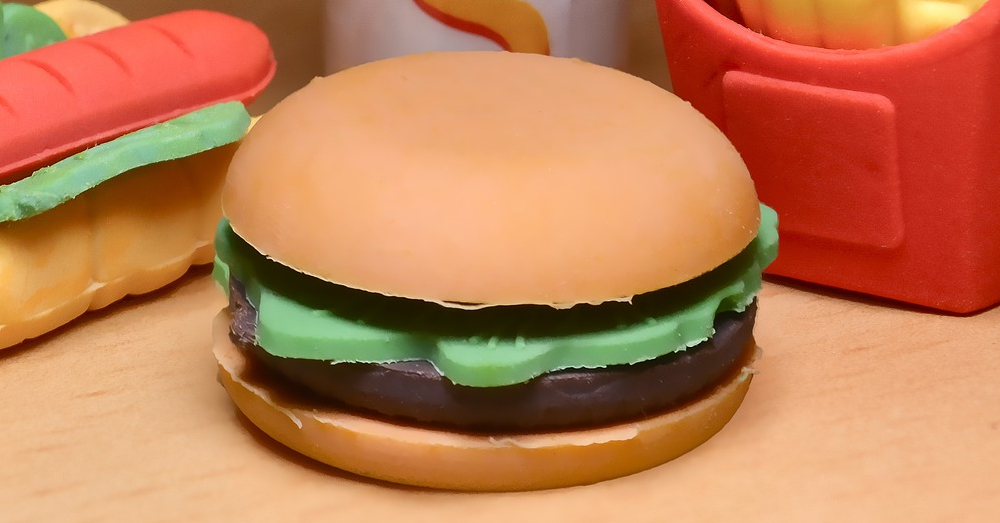
Of Burgers, Blood and Balderdash
It’s one of the most depressing aspects of environmentalism that pressing needs for change inevitably get turned into saleable products.
As the need to reduce our meat consumption rises so too do the number of so-called ‘meat substitutes’, products which aim to get us to eat less meat while still pretending that we are eating meat.
August 10, 2017 | Source: Howl At The Moon | by Pat Thomas
It’s one of the most depressing aspects of environmentalism that pressing needs for change inevitably get turned into saleable products.
As the need to reduce our meat consumption rises so too do the number of so-called ‘meat substitutes’, products which aim to get us to eat less meat while still pretending that we are eating meat.
Putting the mind-fuck of that aside for a moment, there are real problems with meat analogues – both old and new – which, in their enthusiasm, supporters either don’t understand or wilfully choose to ignore.
Fake means fake
The glossy PR about the future of food is compelling; but fake meat is no more the future of food than fake fur or fake leather are the future of clothing.
Moreover, as with all market solutions to complex problems, once the cracks begin to show they quickly become irreparable.
Yesterday documents emerged which showed that the US FDA has repeatedly sought, but not received, proof of safety for the one of the ingredients in the much vaunted Impossible Burger, a substance known as soy leghemoglobin (SLH).
The documents were obtained by a Freedom of Information Act request filed by the ETC Group and other environmental and consumer organisations.
The Impossible Burger is already on sale in selected outlets across the US. Backed by $257 million in venture capital funding from Khosla Ventures and Bill Gates amongst others, manufacturers Impossible Foods, have pushed it onto the marketplace on the basis of a self-affirmed GRAS (Generally Recognised as Safe) status. Its panel of paid experts determined that the SLH proteins were structurally similar to natural ones and therefore safe. The FDA, however, rejects this claim.
Amongst its concerns was whether SLH was an allergen and in the FDA’s words: “The current arguments at hand, individually and collectively, were not enough to establish the safety of SLH for consumption.”
So many campaigners were super excited by the news yesterday, but food being the big business that it is, the Impossible Burger does not need FDA GRAS status to remain on the market.
